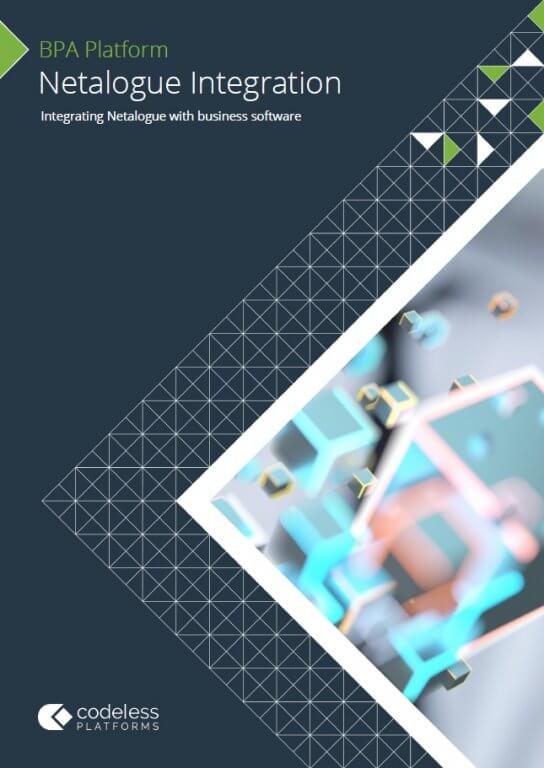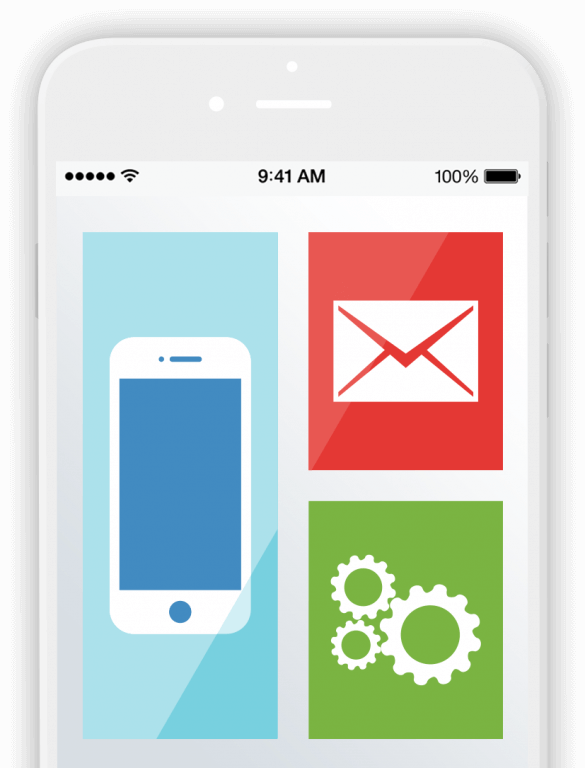We all know that in a modern trading environment, eCommerce and retail are synonymous with each other. Businesses like BHS, Palmer and Harvey, Toys ‘R’Us and Maplin were not quick enough to adapt to the shift in consumer behaviour and as a result, fell off the high street.
eCommerce is shaking up the B2B space as well. Big B2B players like Maddison, Pedigree Wholesale, Bunzl and Matthew Clark and investing in their B2B online offering which is changing the game within their own markets and more generally across the B2B space.
Forrester Research looked at the behaviour of today’s B2B buyers and found…
- 74% of B2B buyers will research at least half of their business purchases online
- 93% of business buyers prefer to purchase online when they’ve decided what to buy
- 56% of business were expected to make at least half of their work-related purchases online
The growth of B2B ecommerce has been dramatic. Statista’s B2B Ecommerce Report highlighted that revenue attributed globally to B2B ecommerce transactions is now around 4 times that of B2C ($10.6T vs $2.8T)
Particularly prevalent in the current climate is the trend that B2B businesses are utilising ecommerce platforms to access new markets and geographies without having to set up new offices and establish remote teams. B2B ecommerce also offers them opportunity to protect their brand equity by having control over the messaging at the point of purchase.
However, modern day B2B best practice demands personalised experiences, targeted content and promotions and the ability to handle even the most complex of B2B buying processes.
The accurate, timely and secure transfer of data from the ERP into the ecommerce solution is absolutely fundamental to unlocking the functions and features found within top end B2B ecommerce platforms and that’s not always easy to do.
Companies considering B2B ecommerce for the first time often underestimate this area of the project at the outset which adds time and cost as the implementation progresses.
Typically, there are two areas to consider when it comes to data and integration:
- What data will be transferred?
- How will the data be sent and received?
Decisions made in both streams can have a direct impact on the B2B customers online experience, so it’s important they are given the appropriate level of attention.
Netalogue have lots of experience in implementing top end B2B ecommerce solutions and understand the importance of a robust integration coupled with accurate and up to date data.
We spoke to Ben Taylor, Business Development Manager for Netalogue who said “The larger the B2B business, the more integration touch points there tends to be. As a minimum we would expect companies, addresses, products and prices to be pushed to us from the ERP with orders being passed back in the other direction.
The fields that appear in these files will depend on the sophistication of the solution. Things can get much more complex however with top end solutions like Netalogue catering for nearly 800 different fields across all the possible touchpoints.”
Taylor added that “leading distributors, manufacturers and wholesale businesses are also wanting to wind self-service capability in the ecommerce solution. This increases the number of data points required but allows the presentation of, and interaction with data from the customer ledgers, invoices, credits, offline order history, back orders and much more.
Once we have defined the data that will be passed, we then need to consider how it will be transmitted in terms of file format and transfer method.
Despite the options available, many businesses still favour the flat file format (often csv) sent via FTP. This method does not allow for live data calls but is relatively easy to set up.
Modern day integrations typically utilise webservices which give more opportunity to make live calls on area like credit, price and stock but are more technical to set up.
If you don’t have the in-house expertise or the resource doesn’t have the time to get involved in the project there are options to outsource and Codeless are one of these options.
In our experience, Codeless really take the pain out of the integration element of a project, they get our customers live quicker and give them more options when it comes to the ongoing maintenance and updates associated to the link between your ERP and ecommerce solution.”
Codeless Platforms provides end-to-end B2B eCommerce integration solutions that completely eradicate the hidden costs from your order management process by removing the repetitive, error-prone and time-consuming data entry tasks from employee workloads.
For more information on integrating Netalogue with your existing business systems and applications, download the brochure below or call us on +44 (0)330 99 88 700.
About the author
Netalogue is the market leading B2B eCommerce platform for wholesalers, distributors and manufacturers. Netalogue work directly with clients to deliver turnkey B2B eCommerce solutions without the requirements for a third party implementation agency and recommend BPA Platform as an integration solution between Netalogue and ERP systems.


